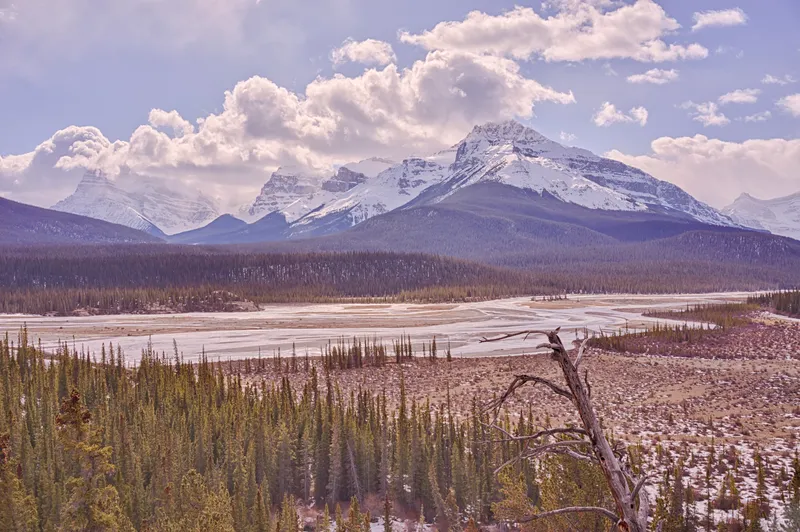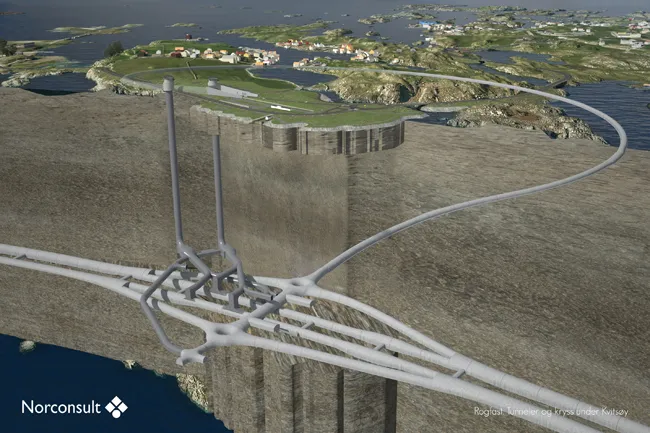
The Provincial British Columbia government in western Canada has thrown cold water on the revived idea of building another major highway over the Rocky Mountains.
British Columbia – whose eastern territory is comprised mostly of the Rocky Mountain range – says the proposed Howse Pass shortcut from the neighbouring province of Alberta would be too costly. Also, the government is in the midst of major mountain road widening programme costing billions, according to reports by the Canadian Broadcasting Corporation.
The BC government was responding to comments by John Vandermeer, chairman of the Central Alberta Economic Partnership. He recently told media in Alberta that the huis organisation would like to undertake an economic development study for the region, which would include a reassessment of the viability of the Howse Pass route. It would run from central Alberta to the city of Kamloops in south-central British Columbia.
The 760km-drive from the central Alberta city of Red Deer to Kamloops starts by heading south to Calgary and then into BC. A Howse Pass route, touching 1,540m above sea level, would take drivers directly west from Red Deer into the Rockies and Banff National Park before crossing into BC. There are not towns or cites along this route which would be built through mostly wilderness areas in BC.
Howse Pass would, however, shave 94km off the southern Calgary route and join the Trans-Canada Highway near the BC town of Golden. The importance of all major roads across the mountains is access to the Pacific ports, mainly Vancouver, on the BC coast.
Vandermeer said a number of central Alberta municipal leaders are interested in the potential economic boost to central Alberta should a new mountain route be available.
But environmental groups are likely fight a Howse Pass route. It would also be tricky getting federal government permission because 34km of the route would pass through the federally-run world-renowned Banff National Park, a mostly wilderness area covering nearly 6,650km² and bordering BC.






